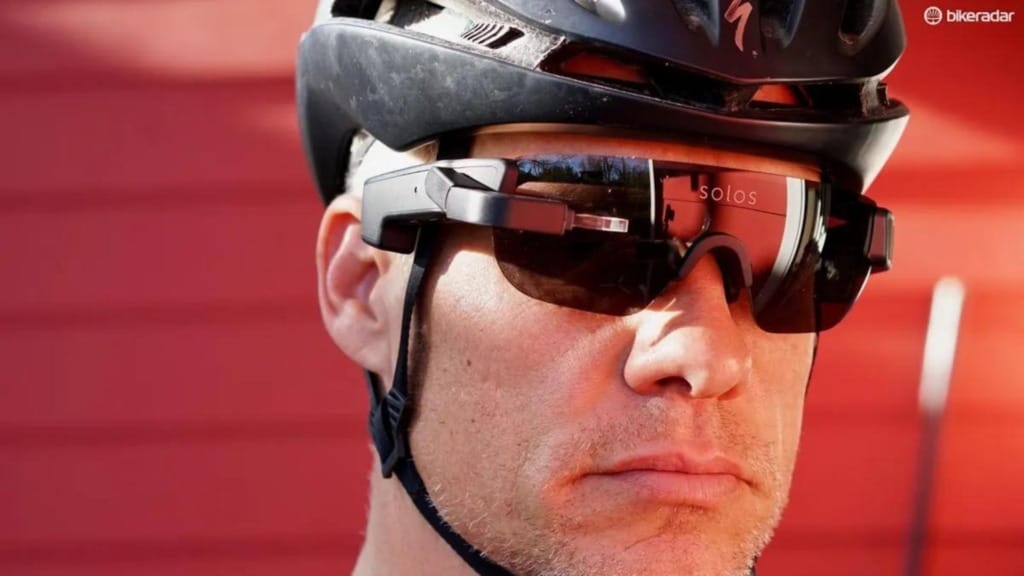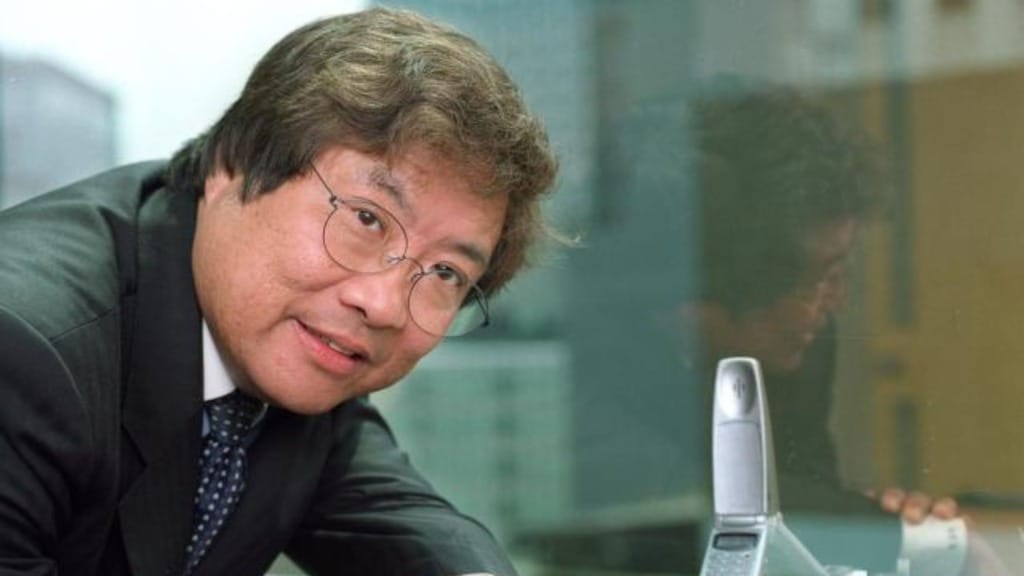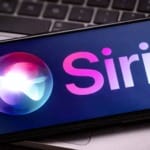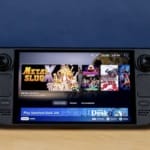Hong Kong entrepreneur John Fan aims to revolutionise AI smart glasses
Entrepreneur John Fan Chin-chiang aims to revolutionise AI-integrated smart glasses with Solos AirGo V, positioning Hong Kong as a hub for innovation.

You might be familiar with the entrepreneur John Fan Chin-Chiang, especially if you’ve followed developments in mini displays for the US military. Now, he’s focusing on smart glasses, aiming to compete with Meta Platforms and Ray-Ban. Based in Hong Kong, his company, Solos Technology, is creating the Solos AirGo V, a new AI-integrated smart glass product.
Table Of Content
A fashionable and lightweight alternative
The Solos AirGo V might remind you of the frames developed by Ray-Ban in collaboration with Facebook’s parent company, Meta. However, John Fan believes that his glasses have a significant advantage. With a base in Hong Kong, known for its eyeglass design and manufacturing expertise, Fan insists that the glasses must first be exceptional as eyewear before incorporating’smart’ features.
His new smart glasses weigh only 30 grammes, significantly lighter than the 49 grammes of the Ray-Ban models. Additionally, the Solos app offers a variety of AI models from different companies, including the latest GPT-4 models from OpenAI, Google’s Gemini, and Anthropic’s Claude. These features, he argues, make his product both fashionable and highly functional.

During an unveiling event in Hong Kong on June 28, a company representative revealed that users would have a three-month free trial before being charged a subscription fee for the AI services. Although no specific release date has been announced, Solos aims for a December launch.
Building on a legacy of innovation
It’s worth noting that these smart glasses don’t yet feature a microdisplay in the lens, unlike products from companies like Brilliant Labs and TCL’s RayNeo. Fan’s background in display technology, from his time at MIT and work with the US Department of Defence, makes this omission intriguing. Nevertheless, he assures that this feature is in development, with the current focus being on audio capabilities.
Fan’s first company, Kopin, received significant funding from the US government, including a US$50 million grant from the Defence Advanced Research Projects Agency in 1990. This funding helped develop microdisplays used in military applications. Over the years, Kopin has received various grants of over US$10 million, mainly from the Defence Department.
Despite these achievements, Kopin remained relatively unknown outside the specialised military and enterprise markets. Fan seems determined to change that with Solos. At the AirGo V unveiling, he invited Victor Fung Kwok-king, chairman of Li & Fung Group, to speak. Fung praised Fan’s innovative career and highlighted the potential impact of Solos on Hong Kong’s business landscape.
A return to roots with a vision for the future
Fan spun out Solos in 2019 and another company, Lightning Silicon, in 2023, placing their headquarters in Hong Kong and Santa Clara, California, respectively. He stepped down from Kopin’s board in May 2023 to focus on these new ventures.

For Fan, basing solos in Hong Kong is more than a business decision; it’s a homecoming. Born in Shanghai during the Japanese occupation, his family moved to Hong Kong in 1949. He later moved to the US in 1961 for his studies, but his connection to Hong Kong remained strong.
Fan also highlights the support from Hong Kong Science and Technology Parks, which provides a nurturing environment for innovation. This support, combined with lower costs and available grants, makes Hong Kong an attractive location for his business.
While the future of Solos’ public listing remains uncertain, with possibilities ranging from Hong Kong to the US, Fan is primarily focused on the present. His goal is to create a new AI interface that seamlessly integrates into daily life.
In a world where smartwatches and other wearable devices are becoming commonplace, Fan believes smart glasses are the next big thing. They serve a practical function and act as a fashion statement, blending technology with style.
“We are not robots; people want to look good,” Fan emphasises. “That’s why I came to Hong Kong.”
















